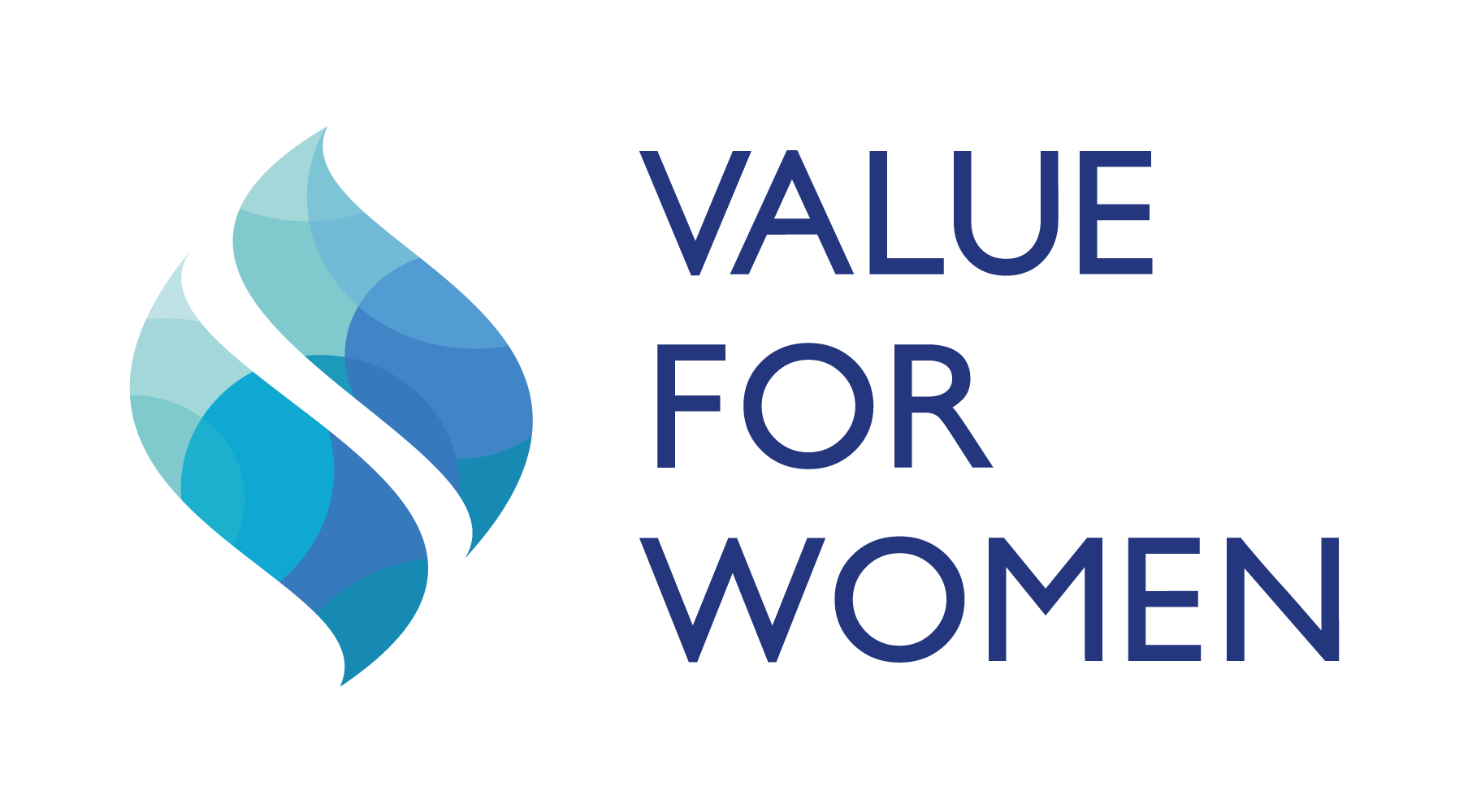Gender-Forward Assessment
Background
This report provides an overview of an exploration of gender-forward business practices for digital platforms through Value for Women’s Gender Lens Survey that was adapted and piloted to assess the performance of digital platforms in a scalable, accessible, and engaging way.
A gender-forward business is defined as one that intentionally seeks to address gender inequalities by providing goods and services that close gender gaps or meet the needs of women or girls; supports gender diversity through internal policies and practices in the workplace; and/or strengthens inclusion and diversity along the value chain.
Gender-forward business practices are the strategies, approaches, and practices that such businesses use to address gender inequalities.
In this report, Value for Women explores what gender-forward business practices might look like for digital platforms, specifically:
- how to assess these practices in a meaningful way; and
- specific examples of how individual platforms are implementing such practices.
This issue is not only meaningful from an ethical and human rights point of view, but has tangible implications for businesses’ bottom line. Businesses with more gender-diverse leadership tend to outperform their peers financially and benefit from increased innovation.Through better serving women as customers, businesses stand to increase their sales and income—a difference especially relevant to digital platforms, as women customers are more likely to stick to online shopping once converted.
Finally, by focusing on women as workers or e-commerce sellers, digital platforms stand to increase revenue through those users; estimates show that African e-commerce can increase by US$15 billion by 2030 if the activities of women sellers are increased to match those of men.
Methods
Accompanying the individual, country-level insights derived from interviews with women platform workers in Kenya, Ghana, and Nigeria, Value for Women examined possible strategies for increasing the levels of gender inclusion, and thus potential for gender equality, from the perspective of digital platforms themselves.
We worked with seven platforms in Kenya and Nigeria to understand their gender-forward intentions as well as practices. An online survey guides platforms through questions about their business practices, including
1) overall strategy and gender commitment;
2) leadership, workforce, and HR;
3) market research, product development, marketing, and sales;
4) customer finance, service, and support;
5) worker attraction, retention, and support; and
6) the use of sex-disaggregated data.
Following completion of the survey, each respondent receives a personalized report with an overall gender inclusion score, scores per business area, and directly applicable recommendations for more gender-inclusive business practices.
Findings
Answers from platforms generally indicate an understanding of the importance of gender equality overall and articulate, in principle, a commitment to contributing to greater gender equality. However, these ambitions are generally not backed up with practical policies, practices, or strategies.
Specifically:
- Respondents do not back up stated commitments to inclusive HR values with formal policies.
- While respondents indicate a commitment to gender inclusion in the workplace, there is limited gendered understanding or acknowledgement of gendered differences in other business functions (such as marketing, product design, or customer support).
- Respondents are slightly more likely to consider gendered differences in their customers than their workers or providers.
- A missed opportunity presents itself in the form of data—both about customers and workers or providers. Such data on platform users (ratings, earnings, number of jobs/trips/ sales, complaints, product preferences, frequency and timing of logging in, etc.) is critical for digital platforms to run their business and can be hugely beneficial to improve their offerings and efficiencies overall. Respondents to this assessment, however, generally indicated limited availability of sex-disaggregated data on customers and workers.
- Where respondents did consider gendered differences in various business areas, they reported seeing positive business impacts as a result. The various kinds of business improvements reported include increased sales, improved brand recognition, increased customer satisfaction, and increased employee satisfaction and retention.
Policy recommendations
Based on these findings, this report recommends four initial steps toward more gender- forward business practices digital platforms should focus on. These are considered low-hanging fruit, as they represent a relatively limited departure from current practices and can be achieved with relatively limited resources. These recommendations include:
- Improve sex-disaggregated data collection, analysis, and use. This will enable digital platforms to gain a better picture of gendered differences in, for example, issues raised by platform workers, which in turn allows a business to proactively push support or information to the group that most needs it.
- Draft and publish a gender commitment statement. This sends a clear signal to all platform stakeholders and can be beneficial in engaging possible investors.
- Ensure all strategy and market research is done in a sex-disaggregated manner. This will enable digital platforms to better target their design and marketing to the important segment of women customers.
- Take gendered differences into account when providing worker training and support. For example, the IFC found that women sellers on Jumia showed greater appreciation and uptake of business management tools than their men counterparts—which can have greater impact on their e-commerce business success.
Finally, for ecosystem stakeholders (either working with, influencing, or supporting digital platforms), recommendations include:
- Increase advocacy around the importance and business benefits of gender-forward business practices for digital platforms.
- Encourage businesses to complete a gender self-assessment as a starting point to identify gaps and areas for improvement.
- Earmark funding for gender-forward pilots within digital platforms.
- Encourage the collection and use of sex-disaggregated data by digital platforms.
See other studies

© 2025 All Rights Reserved.


